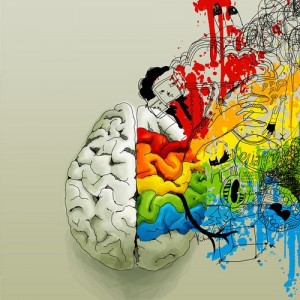(Or, Hermeneutics and the Transformation process, for the theo-dorks.)
Hermeneutics |ˌhərməˈn(y)oōtiks| is a cool word to describe the science and art of Bible interpretation. (More broadly, it is the branch of knowledge that deals with interpreting literary texts.) It is a process of making sense of God’s Word as well as His world. One goal of hermeneutics is to make sense of what God said, so we can know what He says today for us.
We all know far too many people who have piles of knowledge but whose life is also in piles. As Eugene Peterson reminds us, “There is a great deal of impersonal knowledge available. There is no impersonal wisdom.” Knowing a lot about what God has said should lead us to knowing Him personally, and applying His wisdom to our lives.
Wise people know a few core things really well, and are gripped by them.
Making sense of God’s words is parting of the larger process of transformation — being made new. God’s transformation process through the Word often works like this:
- Think // Our will directs our minds to interact with the thoughts of God’s Word.
- Understand // Good hermeneutics helps to understand the meaning of God’s Word.
- Illumination // The Holy Spirit illuminates our understanding and helps us see how to apply God’s word to our lives (how the meaning is significant to us, and for us).
- Transformation // As we submit ourselves to the Person of the Holy Spirit, God’s Word has a radically transforming impact upon our lives.
“Think over what I say, for the Lord
will give you understanding in everything.”
—Paul writing to Timothy (2 Timothy 2:7)
We must understand that the role of hermeneutics is not to be an end to itself, but it is for the purpose of transformation. However, it is an integral and necessary part of the process. This is why after interpreting the meaning of a passage, we need to spend time meditating and pondering the truth of the passage, and asking the Holy Spirit to show us the significance of that truth to our lives. On the flip-side, if we have stellar hermeneutics and we don’t seek to bring our hearts and our will under the submission of the Holy Spirit and actually apply God’s Word, then it doesn’t matter (in some sense) if we got our hermeneutics down pat. (Much thanks to Adam Poole on these thoughts.)



